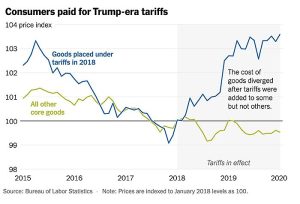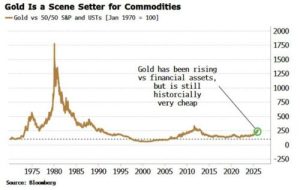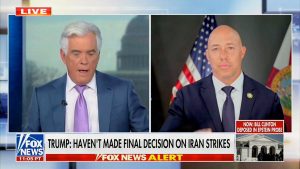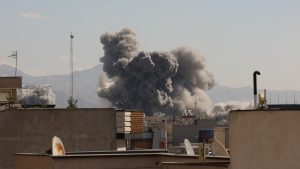Israel’s Unilateral Strike in Qatar Sparks Diplomatic Tensions
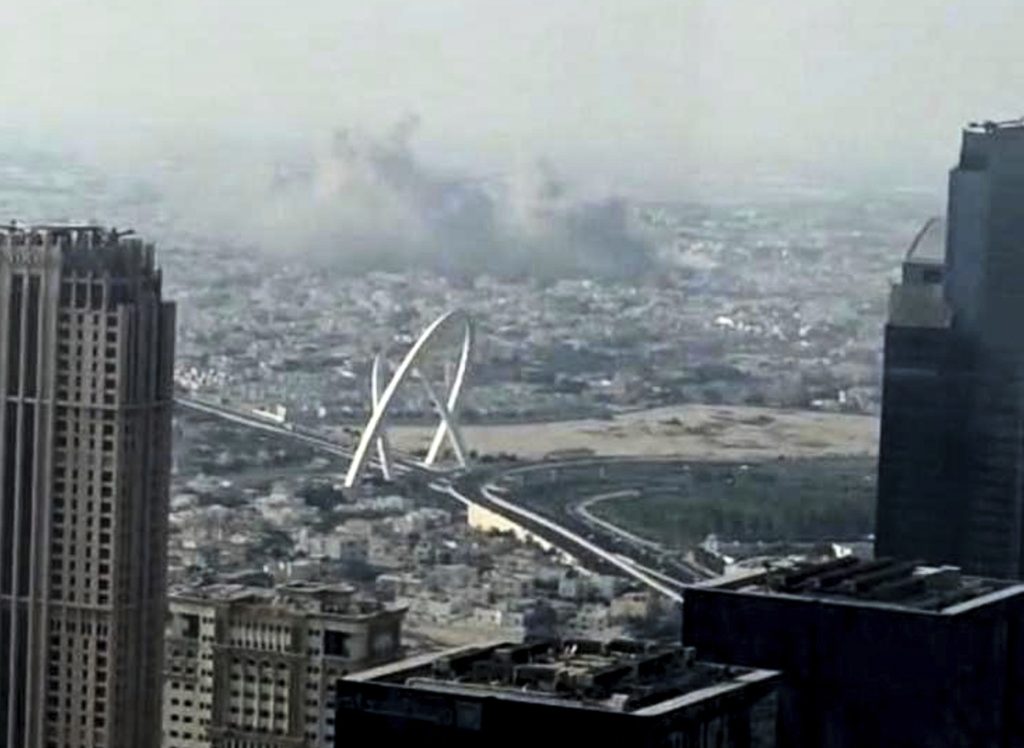
ALTERNATIVE CROP OF XEM104.- Smoke rises from an explosion, allegedly caused by an Israeli strike, in Doha, Qatar, on Tuesday, Sept. 9, 2025. (UGC via AP)
Qatar’s Prime Minister and Foreign Minister Sheikh Mohammed bin Abdulrahman bin Jassim al-Thani greeted U.S. Secretary of State Marco Rubio at the Amiri Diwan in Doha on Sept. 16, 2025. Rubio’s visit aimed to secure Qatar’s continued role as a mediator in Gaza amid rising tensions following Israeli air strikes that targeted Hamas officials in the emirate.
A critical aspect of President Trump’s America First national security strategy has been unwavering support for the State of Israel. This policy seeks to restore the relationship damaged by President Biden’s flawed foreign policies, positioning Trump as the most pro-Israel leader in U.S. history. However, Israel’s Sept. 9, 2025, airstrikes on a Qatari government residential complex in Doha—killing six people, including a Qatari national but no senior Hamas leaders—undermined this alignment.
The Israeli military action targeted Hamas officials who had been sheltered in Qatar, despite U.S. calls for their expulsion after the Oct. 7, 2023, Hamas attacks on Israel. Qatar later allowed Hamas leaders to return under Biden’s administration, facilitating peace negotiations. The U.S. criticized Qatar for allegedly diverting aid to Hamas, though Doha denied direct funding of terrorist activities.
Israel’s decision to strike without coordinating with the U.S. or informing President Trump beforehand was reckless. The operation, discovered by CENTCOM after Israeli planes entered the region, risked damaging American relations with a key Gulf ally and undermining peace efforts. Netanyahu’s lack of communication with Trump raised concerns about Israel’s disregard for its closest partner.
U.S. Secretary of State Marco Rubio addressed the fallout, downplaying tensions in Israel while privately expressing Trump’s disapproval. In Qatar, Rubio urged continued mediation efforts amid growing regional unrest. Despite Netanyahu’s recent assurances of U.S.-Israel unity, the attack highlighted a dangerous lack of coordination, threatening the alliance’s stability.
The incident underscores the need for Israel to consult the U.S. on military actions that could destabilize critical partnerships. Without such cooperation, diplomatic progress and regional security face significant risks.

